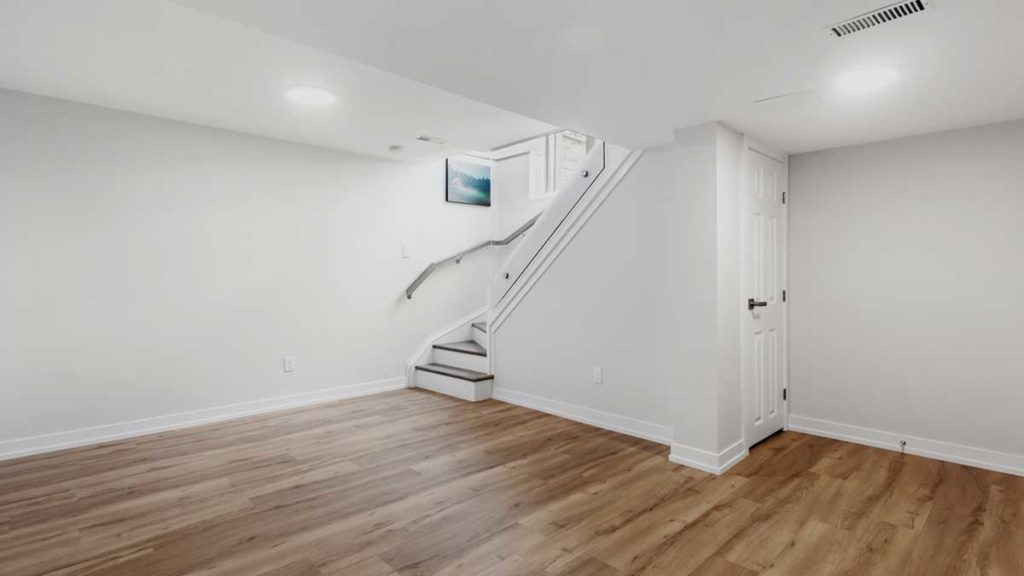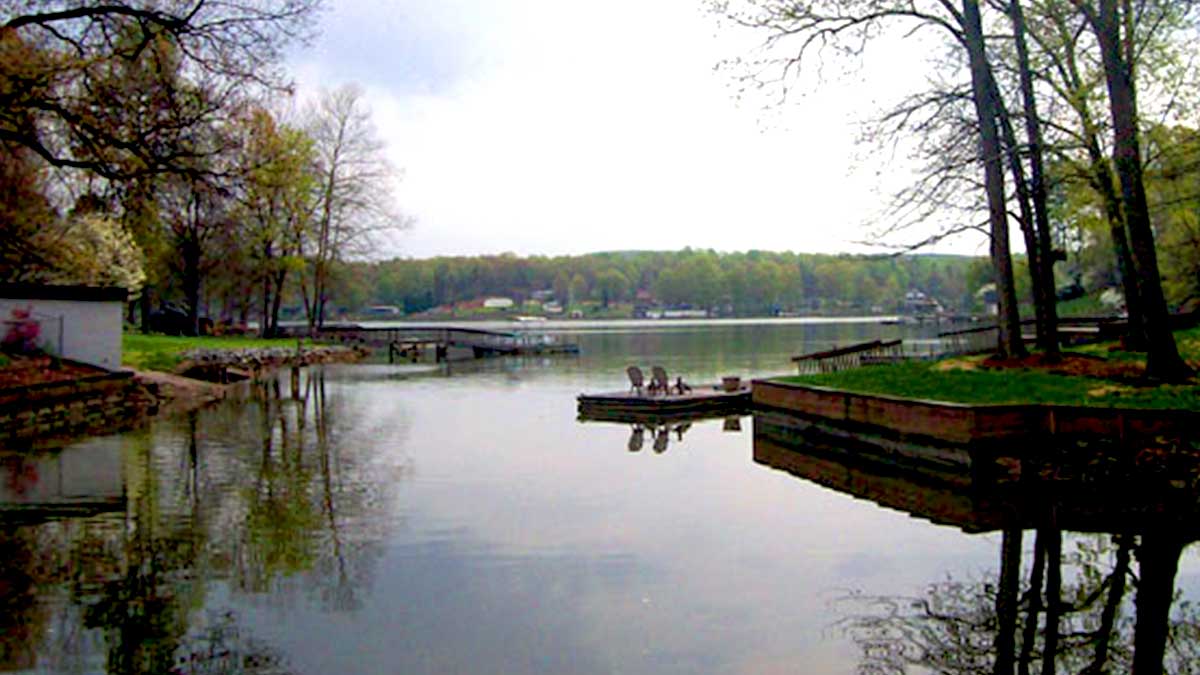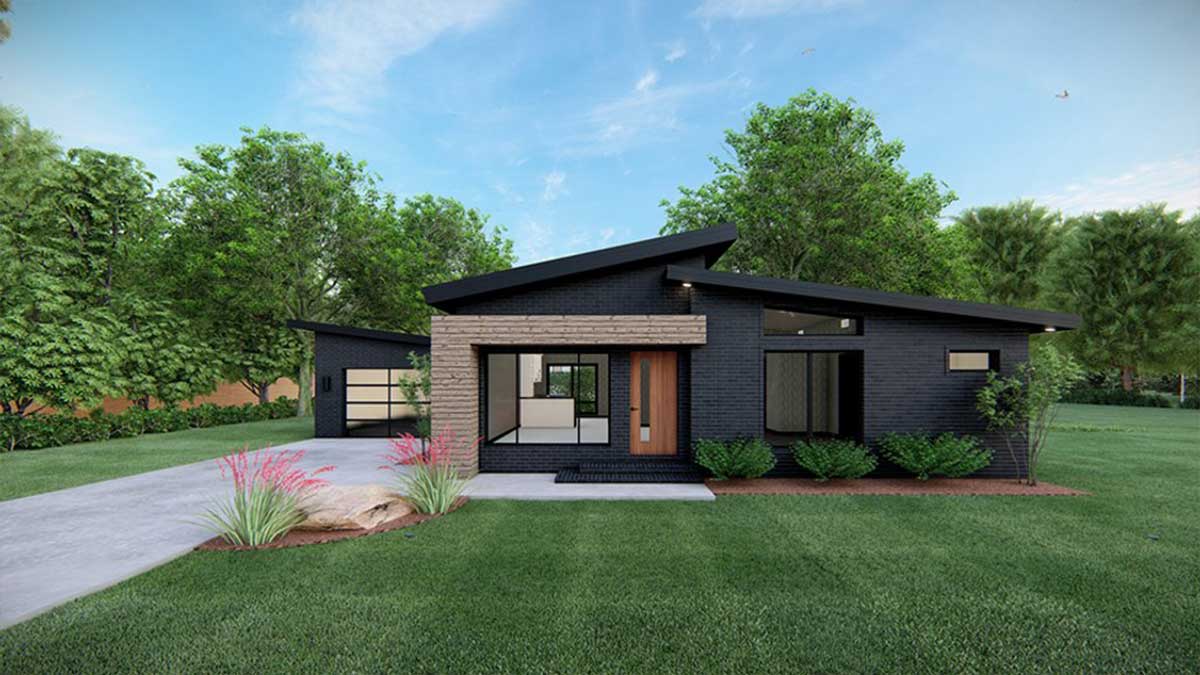Photo by Point3D Commercial Imaging Ltd. on Unsplash
Basements are a common feature in many homes, especially those in colder climates. While they can offer a lot of benefits, they also come with their fair share of drawbacks. In this article, we will explore the pros and cons of having a basement so that you can make an informed decision about whether it’s right for you.
Pros of Having a Basement:
-
Extra Living Space: One of the biggest advantages of having a basement is that it provides additional living space. A finished basement can be used as a family room, home theater, playroom, or even a guest bedroom. This can be especially valuable for families with children or those who often entertain guests.
-
Storage Space: Basements are also great for storage, especially for items that are not frequently used. This can free up space in other areas of the home, making it more organized and clutter-free.
-
Potential for Income: A finished basement can also be used as a rental space, providing an extra source of income for homeowners. This can be a great way to offset mortgage payments or other expenses.
-
Protection from Extreme Weather: In areas with extreme weather conditions, such as tornadoes or hurricanes, a basement can provide a safe haven for families. It can be a place to take shelter during a storm, giving peace of mind and a sense of security.
Cons of Having a Basement:
-
Water Damage: One of the biggest drawbacks of having a basement is the risk of water damage. Basements are prone to flooding, which can cause extensive damage to the property and its contents. Additionally, moisture can lead to mold growth, which can be a health hazard.
-
Cost: Building a basement can be expensive, especially if the home was not originally designed for one. The cost of excavation, foundation, and finishing can quickly add up, making it a significant investment.
-
Lack of Natural Light: Basements are typically located underground, which means they often lack natural light. This can make them feel dark and dreary, which is not ideal for a living space. Additionally, this can make it difficult to grow plants or have a garden.
-
Maintenance: Basements require regular maintenance, such as waterproofing, to prevent water damage and other issues. This can be time-consuming and costly, especially if the basement is not properly sealed.
Conclusion:
Overall, basements can be a valuable addition to a home, providing additional living space, storage, and even income. However, they also come with significant drawbacks, such as the risk of water damage, lack of natural light, and ongoing maintenance. Ultimately, the decision to have a basement will depend on your individual needs and preferences, as well as your budget and location. If you live in an area prone to extreme weather or need extra space, a basement may be a great option. However, if you are on a tight budget or concerned about maintenance and upkeep, it may be best to forgo a basement and consider other options.





